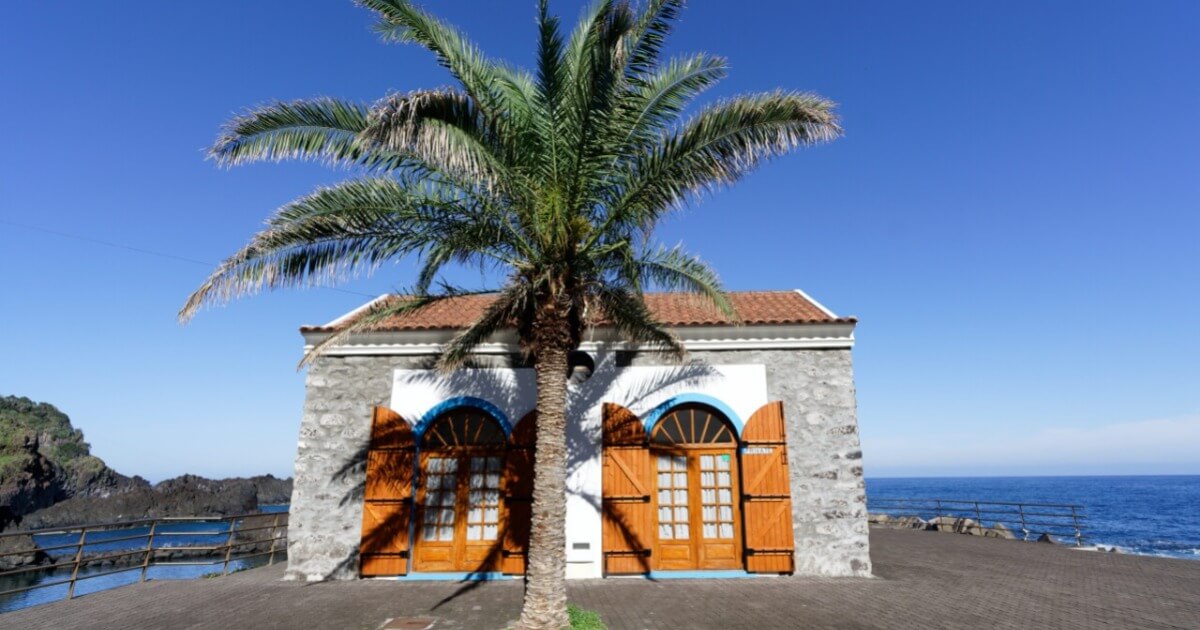Portugal’s real estate business has been in high demand nowadays. Portugal is considered one of the best European countries to live and invest in, bringing us to the matter of property taxes in Portugal.
As such, many expats and investors have relocated to Portugal and purchased their forever home in this country.
On the other hand, Portugal is known as a touristic destination, providing many places to visit and activities to do for foreigners who love travel.
For that reason, in the last few years, Portugal has experienced significant investment in real estate for touristic purposes, focusing on short-term touristic leases.
However, whether for touristic or habitational purposes, buying and selling property in Portugal encompasses its fiscal obligations, which is vital to be aware of.
As a result, list the main property taxes existing in Portugal for a brief overview of the Portuguese tax system in this matter.
The first item to be noticed is that property taxes may concern property transfer, property ownership or property-generated income.
Let’s do a summary for each of these types:
Property taxes in Portugal: transfer taxes
In Portugal, taxes are due for the property transfer between the parties when selling and buying a property.
The taxes in question are the Property Transfer Tax (in Portuguese, Imposto Municipal sobre a Transmissão Onerosa de Imóveis, briefly “IMT”) and Stamp Duty (in Portuguese, Imposto do Selo, briefly “IS”).
The IMT or Property Transfer Tax is a municipal tax that concerns the paid ownership transmission on the property. This means this tax does not encompass donations since these are free.
The IMT concerns paid ownership transmission, namely, the purchase and sale of property or property exchange.
The IMT can also comprehend other businesses related to property transmissions, such as use and habitation, surface rights, and usufruct, among others.
On the other hand, the Stamp Duty is due over the contracts, documents, acts or other legal situations that formalise the property transmission, even if free.
Both of these taxes are calculated over the price of the business or the tax value of the property, depending on which is higher.
The Stamp Duty corresponds to a 0,8% rate on the price or tax value, and the IMT rate is variable and can have reductions in some cases, such as if the property is located in Madeira or Azores. In the case of property for habitation purposes, the rate can vary between 0 and 6% of the price or tax value.
These taxes must be paid before the signature of the contract that formalises the property transmission.
In cases of purchase and sale, the buyer usually pays the taxes.
If the property is purchased for resale, if certain conditions are met, an exemption to the payment of IMT can be granted if the property is sold within three years after the acquisition.
There are other exemptions in the law, such as property for rehabilitation.
Property ownership tax
Once you purchase a property in Portugal, you must comply with the fiscal obligations, namely, the taxes that affect property ownership.
The Property Ownership Tax (in Portuguese, Imposto Municipal sobre Imóveis, briefly “IMI”) is a municipal tax, meaning its profits are affected by City Councils, that relates to the property itself.
The IMI is calculated on a percentage of the registered tax value of the property until December 31st of the year on which it is due.
The tax value is established through an evaluation of the property by the Tax Authority. This evaluation considers the construction value per square metre, the area, the use, the location, the quality and comfort characteristics, as well as the age of the properties.
Each municipality defines the percentages. You can consult the percentages through the Tax Authority portal – “Portal das Finanças”.
The IMI is paid by reference to the previous year, meaning that 2023 the tax being paid concerns the year 2022. When consulting the percentages, you should also verify the year.
There are exemptions to the payment of IMI, which are essential to point out. These exemptions can be permanent or temporary for three years.
Permanent exemption
This exemption can be granted if:
- The annual gross household income is equal to or less than 2,3 times the annual value of the Social Support Index (IAS);
- The total value of the household property does not exceed ten times the annual value of the IAS.
Temporary exemption
The temporary exemption can be granted if:
- The gross annual household income is equal to or lesser than 153,300.00 euros;
- The property’s tax value does not exceed 125,000.00 euros.
In both cases, the exemptions concern solely property to permanent habitation.
Other exemptions are foreseen in the law, such as the exemption granted to buildings built over 30 years ago or located in Urban Rehabilitation Areas.
- Income tax
At last, some taxes concern the income generated by the property.
Capital Gains
When you sell a property, the gain acquired with the sale is subject to taxation in the matter of income tax (in Portuguese, Imposto sobre o Rendimento, briefly “IRS”).
The difference between the property’s sale price and the acquisition cost determines the capital gain.
The acquisition cost is considered the price by which the property was purchased, as well as IMT and Stamp Duty costs, legal services, construction works or other relevant expenses.
The tax is determined by applying a percentage rate over the capital gain.
Taxpayers are subject to progressive rates, which only apply to 50% of the capital gain.
Rental income
Landlords must also comply with fiscal obligations concerning the income generated by the leases paid.
The income is determined regarding the amount of the leases paid, minus the expenses, such as maintenance and conservation work on the 24 months before the lease, IMI and condominium payments, among others.
This income is subject to a fixed rate in the scope of the IRS (Personal Income Tax). The standard rate is 28% but is lesser in the case of a lease agreement with a duration equal to or superior to 2 years.
The lease income can, however, be incorporated into other gains, such as salaries.
In this case, is applied the progressive rate to all of this income, which can be an advantage, depending on the case.
In addition, the contract must be registered before the Tax Authorities, which entails the payment of Stamp Duty.
For properties used for hotel or touristic purposes, the services provided, therefore, can be subject to value-added tax.
At MCS, we can assist you with the taxes on the property, providing a personalised service for your case.
This article is provided for general information purposes only and is not intended to be, nor should it be construed as, legal or professional advice of any kind. Should you have any questions, please do not hesitate to contact us.

Isabel graduated in 2015 with a Law Degree from the Faculty of Law of the University of Coimbra… Read more




